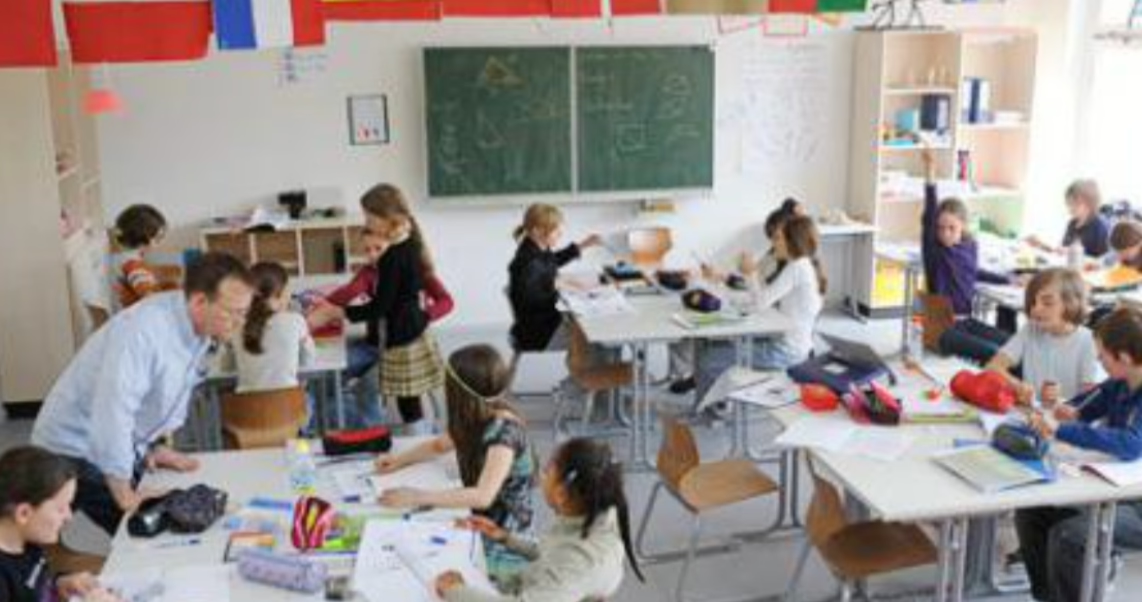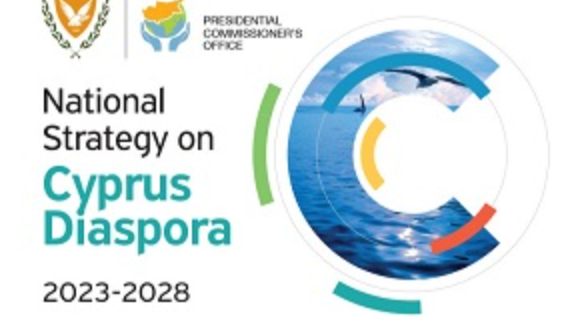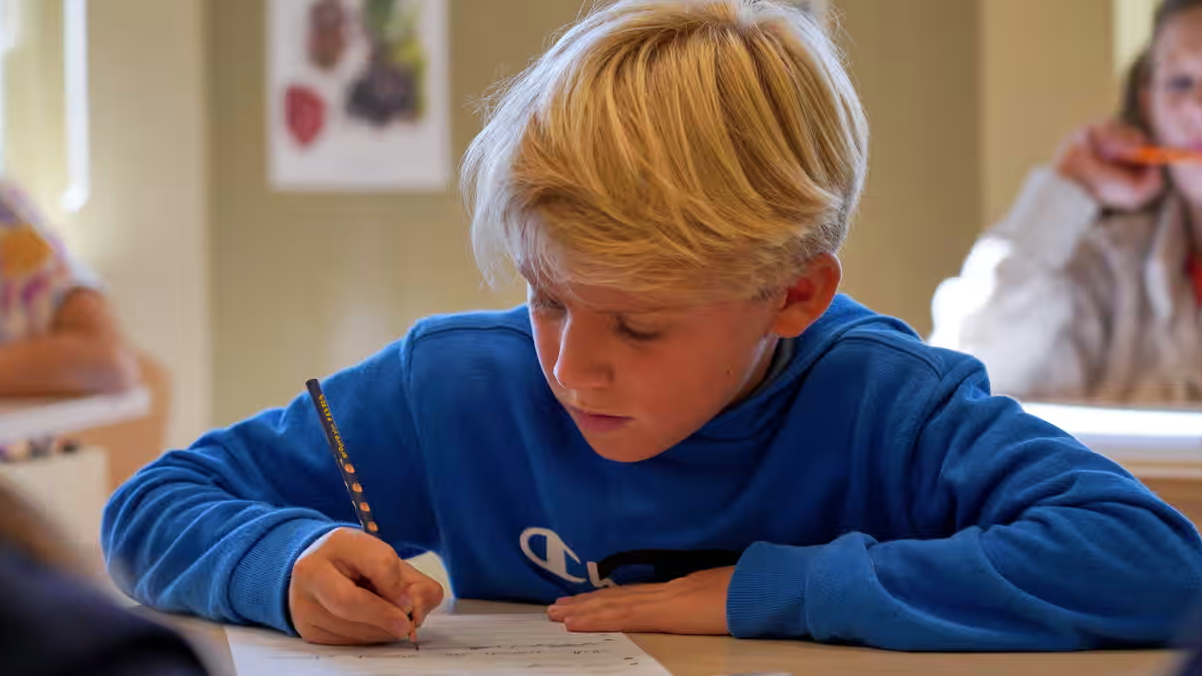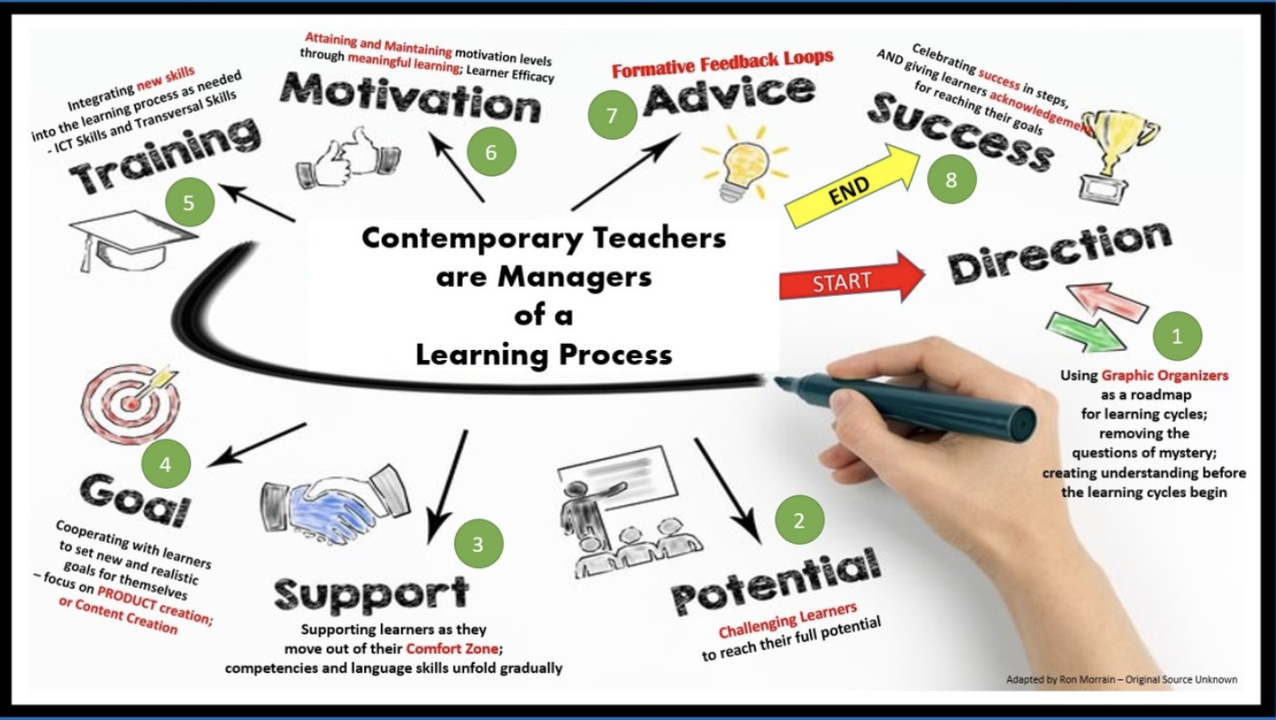Estonia consistently ranks among the top performers in global education rankings, a testament to a deliberate and sustained national focus on learning. Estonia’s success story offers valuable insights and a potential blueprint for improvement.
Estonia and Cyprus, despite their geographical distance, share key similarities that make Estonia’s educational success a relevant model for Cyprus: both are small nations with histories of overcoming adversity, recognising education’s role in preserving national identity and driving economic development through innovation, particularly in technology; their shared EU membership provides a common regulatory framework and access to collaborative opportunities; and both have a connection to the sea, though in different ways.
These parallels suggest that Estonia’s educational transformation, built on a strong learning ecosystem, quality curriculum, effective teaching, and comprehensive student support, offers valuable lessons and practical guidance for Cyprus to enhance its own education system.
A Nation Invested in Learning:
Estonia’s educational success isn’t solely confined to the classroom. It’s rooted in a deeply ingrained societal commitment to learning. A strong ecosystem connects schools, parents, community organisations, businesses, and universities, creating a powerful network dedicated to educational success. This echoes the historical precedent where, in the 19th century, Estonian teachers were pillars of their communities, fostering literacy and cultural activities. This deep-seated trust in educators and the value placed on education has persisted through periods of occupation and into their modern era.
Education as a National Priority:
Upon regaining independence in 1991, Estonia, lacking significant natural resources, recognized education as the cornerstone of its future. They strategically invested in education to drive economic growth, strengthen national identity, and build democratic institutions. This forward-thinking approach is embodied in their “Estonia 2035” strategy, which provides long-term guidance for education and training, informed by annual analyses of future labor market needs. This proactive planning is something Cyprus could emulate, ensuring its education system aligns with future economic demands.
A Culture of Effort and High Expectations:
Estonian parents and students view education as a pathway to a better future, fostering a culture of hard work, high aspirations, and healthy competition. While this drive for excellence has contributed to their success, Estonia also acknowledges the potential for negative impacts on student wellbeing and is actively addressing concerns about student burnout. This highlights the importance of balancing high expectations with a focus on student mental health, a balance Cyprus should strive for.
Beyond the Classroom:
Estonia recognises the importance of learning beyond the traditional classroom. Their curriculum actively promotes out-of-school learning through “hobby” schools, nature centers, museums, and collaborations with NGOs and technology companies. This integrated approach enriches the learning experience and provides students with diverse opportunities for growth. This is a model Cyprus could adopt to enhance learning through practical experiences and community engagement.
Collaboration with Research Universities:
A unique strength of the Estonian system is the close collaboration between the Ministry of Education and research universities. This partnership extends beyond teacher training to include curriculum development and policy making, ensuring that educational practices are grounded in research and best practices. This collaboration is crucial for continuous improvement and is a valuable lesson for Cyprus to consider.
Key Takeaways for Cyprus:
Estonia’s success offers several key takeaways for Cyprus:
- Foster a strong learning ecosystem: Build stronger connections between schools, families, communities, and businesses.
- Elevate the teaching profession: Invest in teacher training, professional development, and competitive salaries to attract and retain top talent.
- Prioritise long-term strategic planning:Develop a national vision for education that aligns with future societal and economic needs.
- Promote holistic learning: Focus on developing not only academic knowledge but also essential skills, personal attributes, and student wellbeing.
- Embrace out-of-school learning: Integrate practical experiences and community engagement into the curriculum.
- Strengthen ties with research institutions: Utilise research to inform policy and practice.
Drawing inspiration from Estonia’s remarkable educational success, Cyprus can significantly enhance its own system by focusing on several key areas: cultivating a robust learning ecosystem through stronger collaboration between schools, families, communities, and businesses, while simultaneously elevating the teaching profession through improved training, support, and compensation; enhancing curriculum and pedagogy by prioritising 21st-century skills, holistic development, personalised learning, and integrated out-of-school experiences; prioritising student wellbeing through comprehensive support services and a positive school climate; and strengthening collaboration with research institutions to ensure evidence-based policy and practice.
By strategically addressing these interconnected elements, Cyprus can strive towards a more effective and equitable education system that equips its students for future success.
By learning from Estonia’s example, Cyprus can take significant strides towards building a world-class education system that prepares its students for the challenges and opportunities of the 21st century. #education #cyprus #estonia #learning #policy #innovation








